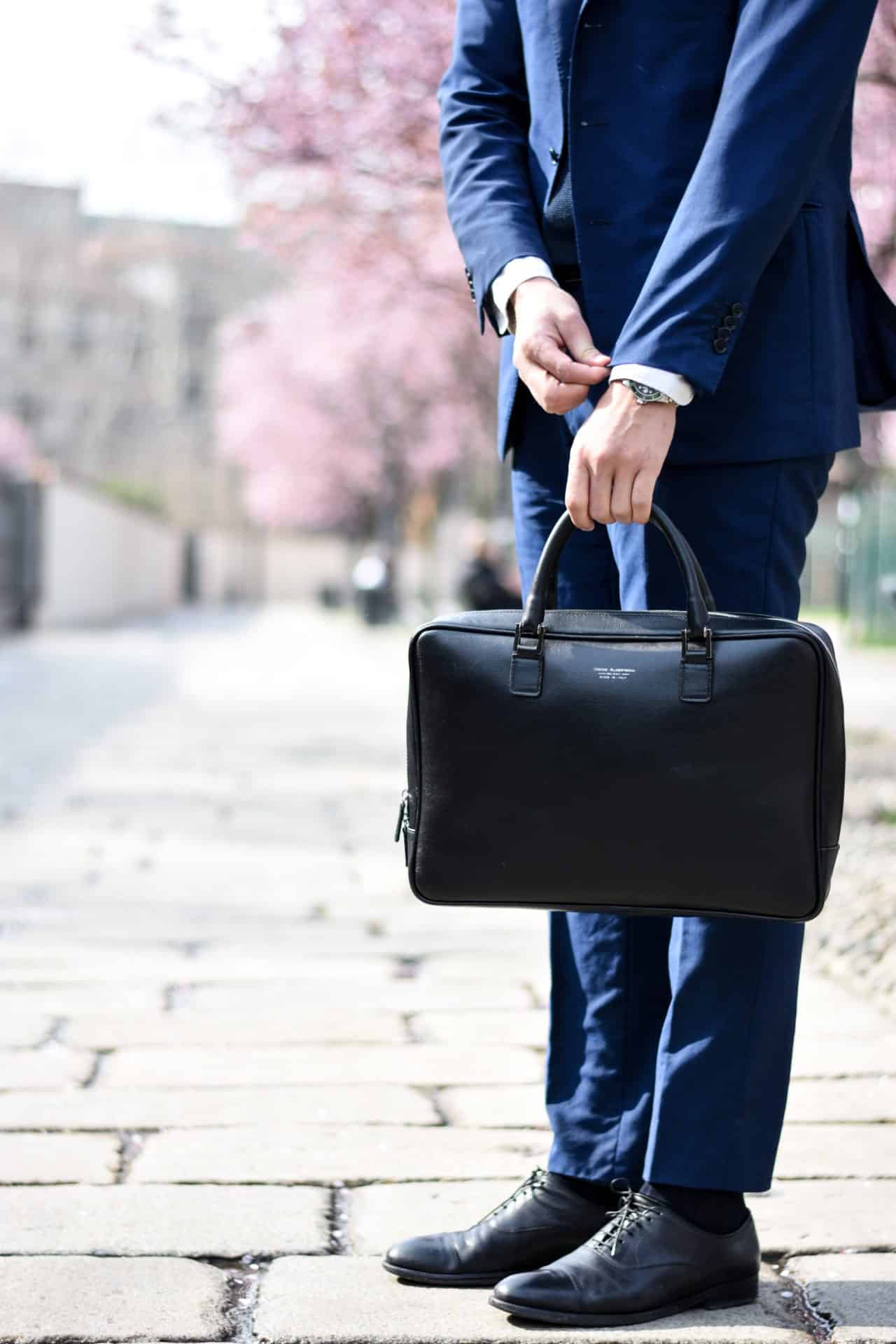The onsite interview brings up feelings of excitement and nervousness.
It is your opportunity to shine and to make a good impression on the hiring manager.
Below, we’re going to provide tips for a successful onsite interview and hope that these tips help you to nail your onsite interview and get that job offer!
Ultimately, the purpose of the onsite interview is to determine whether or not you and the company are a good fit for one another.
In addition, the onsite interview is meant to allow both the hiring manager and you to get to know one another and determine whether or not your potential employer would be a successful one.
Need more tips for a successful onsite interview?
Check out our infographic on how to prepare for a job interview!
Research
One of the top tips for having a successful onsite interview is to conduct proper and thorough research beforehand.
A hiring manager wants to see that you’ve invested time in fully understanding not only the position you’re applying for but the company’s current landscape and growth trajectories.
They want to see that you’ve spent time researching their competitors and that you fully understand their core business offerings.
You may be asked to provide examples or reasons on why you want to work for the company and being familiar with their offerings will help you in answering that question.
More so, you may be asked to list competitors and why you believe the company’s offerings excel.
Understanding the company end-to-end will be helpful in being able to answer any questions pertaining to the company.
This will also allow you to provide more thoughtful questions towards the end of the interview as they relate to the company itself.
It is much better to be over-prepared and to have a better understanding of the company than less.
Anticipate Potential Concerns
When it comes to completing an onsite interview, you will not only want to research the company but also your own weaknesses and potential employer concerns.
Do you have multiple gap years on your resume?
Have you jumped from position to position within a short period of time?
It is important that you be honest with yourself on what your weaknesses are and prepare to answer them honestly.
While you won’t know what the questions are beforehand, many sites have lists of common interview questions which you can prepare from.
You should anticipate the questions based on a number of factors, including your age, your profession, your number of years of experience, and your education.
You wouldn’t want to study up on technical know-how for a non-technical position.
Similarly, read up on common interview questions and genuinely answer them to the best of your ability.
You’ll want to practice your answers multiple times so if and when the question is asked during the interview you can answer flawlessly and without stumbling on your words.

Be Early
As the onsite interview is meant to be a gauge of compatibility between yourself and an employer, it is important to ensure professionalism is exuded at all times.
This means that you should plan to arrive early to the onsite interview, allowing yourself ample time to travel to the location and relax before the interview begins.
You should follow the “early is on time” rule and arrive between 15-20 minutes before your scheduled interview.
There are some factors which you cannot control, such as traffic or a last-minute errand, so giving yourself that wiggle room is a must.
In addition, the interviewer will typically be alerted once you arrive and may make a mental note of the time you arrived.
I’ve spoken to countless hiring managers who have complained that their interview started late because the interviewee was not there on time.
Don’t start the interview off on the wrong foot, you want to arrive early and mentally prepare yourself.
Use the bathroom to freshen up and take a minute to breathe.
Wear Business Professional Clothing
Onsite interviews are typical, your first face-to-face with the hiring manager.
You want to make a good impression and should always dress for the job you want.
When interviewing, you want to come in wearing business formal clothing.
Your clothes should be ironed and wrinkle-free and should fit appropriately.
If you don’t have business formal clothing, feel free to borrow from a family member or friend who is of similar height and build.
In addition, the clothes should be more neutral tones.
You don’t want to wear overly bright or too dull colors but want to maintain a level of professionalism.
Bring Multiple Resumes
When it comes to being prepared for an onsite interview, there is perhaps nothing worse than not having the proper materials with you.
Most important is your resume, which you should have multiple printed copies of.
You should print out 2 resumes for every interview.
So, if you’re meeting with three people, print out and bring with you six resumes.
This will ensure that every interviewer received a printed-out resume and is able to peruse it while conducting the interview.
Bonus points? Print your resume on resume paper!

Prepare Your Own Questions
An onsite interview is a two-way street, with both the interviewer and you asking questions.
As such, it is important to prepare a list of questions to ask the interviewer.
These should be questions that are relevant and pertinent to the role.
The best questions to ask typically involve some research into the company and the position.
By taking a genuine interest in both and asking questions related to either, you show the interviewer that you’re a serious candidate who has come in prepared.
Some typical questions you can ask include:
- What do you believe is the best thing about working here?
- If you could hire the ideal candidate, what qualities would they have?
- What are some current issues you are facing and how would I be able to assist?
- What steps can I take on my first day to ensure that I am successful in the position.
Send a Thank You Email
Once your onsite interview is completed, be sure to send a thank-you email to the interviewer(s).
You should genuinely thank them for their time and reiterate the points that you made during the interview which showcase your potential as a candidate.









